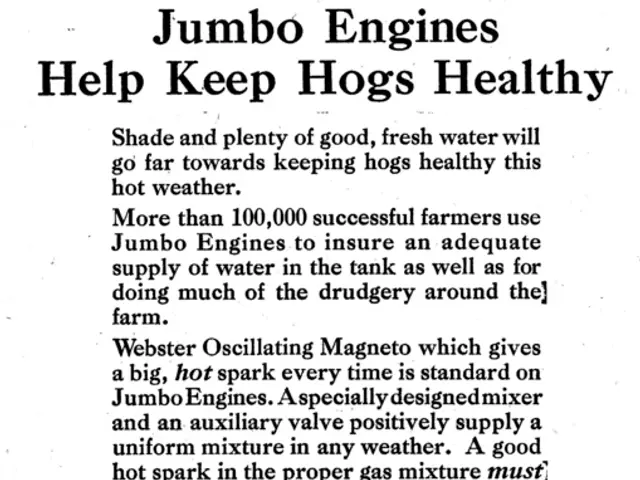Habits While Driving Daily That Could Potentially Wear Out Your Vehicle Gradually
Extending a Car's Life: Avoiding Common Driving Habits that Lead to Costly Repairs
While many drivers believe they're practicing safe and economical driving habits, certain routines can unintentionally cause wear and tear on their vehicles, leading to expensive repairs. By being aware of these common mistakes and adopting better habits, drivers can help prolong their car's lifespan and save money.
Avoid Clutch-riding
Are you the type to rest your foot on the clutch pedal, especially during stop-and-go traffic? Although it might seem convenient, this habit puts unnecessary stress on clutch components, leading to premature wear and, eventually, failure. The cost of repairing a faulty clutch can be substantial.
Stay Alert to Dashboard Warning Lights
Think of your vehicle's dashboard warning lights as early alert systems. Ignoring small issues, such as oil pressure indicators or engine warning lights, can allow minor problems to escalate into major ones, potentially resulting in costly repairs or dangerous situations on the road.
Moderate Acceleration and Braking
In urban environments, it may be challenging to avoid sudden stops and starts. However, making this a daily habit exerts stress on your vehicle. Harsh braking and acceleration use more fuel, wear down brakes more quickly, overwork the engine, and hasten tire wear. Additionally, rough rides can unsettle children and other passengers. By driving smoothly, you preserve your car, your wallet, and your passengers' peace of mind.
Navigate Potholes and Bumps with Care
Despite modern suspension systems, deliberate driving over potholes or speed bumps can disrupt wheel alignment, damage suspension components, and wear down tires. Though it may seem harmless on a single occasion, the cumulative impact adds up, leading to costly repairs. Learn how to drive safely on potholed or bumpy roads to protect your vehicle.
Regular Tyre Checks are Essential
A quick glance at your tires may lead you to believe that they're in good condition. However, underinflated or overinflated tires, or those that are worn, reduce fuel efficiency, limit control, and could result in failing MOT inspections due to insufficient tread depth. Schedule routine checks and replace tires when necessary. Look for affordable options from local services offering various tire brands.
Monitor Fuel Levels
Refueling only just as your fuel levels reach critical, or consistently running on empty, can damage your fuel pump and clog your fuel filter with debris. Aim to keep your tank filled above a quarter to prevent both costly repairs and roadside breakdowns.
Avoid Cold-revving the Engine
Revving your engine before it has properly warmed up places unnecessary stress on vital components. Instead, drive gently for a few minutes, allowing everything to warm up and circulate smoothly.
Lighten Your Car's Load
Avoid turning your car into a makeshift storage space by carrying unnecessary weight. Exceeding your car's weight capacity places extra strain on the suspension, brakes, and tires, increases fuel consumption, and makes the vehicle more difficult to control.
Small Changes in Driving Habits Make a Big Difference
Making a few adjustments to your driving habits can significantly extend your car's lifespan. Regular maintenance, gentle driving, and careful attention to tire care and road conditions will protect your vehicle, save you money on repairs, and ensure smooth, safe commuting.
- By reducing the time that your foot rests on the clutch pedal, especially during stop-and-go traffic, you can help prolong the lifespan of your vehicle's clutch components.
- Ignoring dashboard warning lights can cause minor issues to escalate into major problems, resulting in costly repairs or dangerous situations on the road.
- Practicing gentle acceleration and braking, especially in urban environments, can help preserve your car's health, extend its lifespan, and save money on maintenance and fuel costs.
- Avoiding the habit of driving over potholes and speed bumps with care can prevent damage to wheel alignment, suspension components, and tires, reducing the need for costly repairs.
- Adopting a few adjustments to your driving habits, such as regular tire checks, monitoring fuel levels, avoiding cold-revving the engine, lightening your car's load, and driving cautiously on varying road conditions, can significantly extend your car's lifespan and save you money on repairs.








